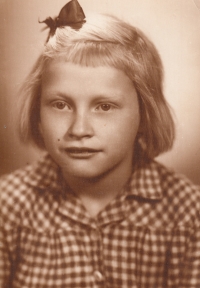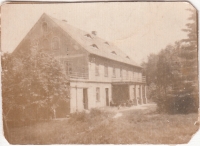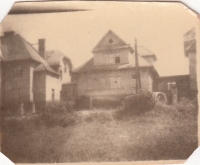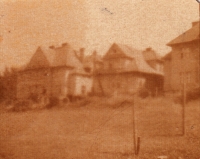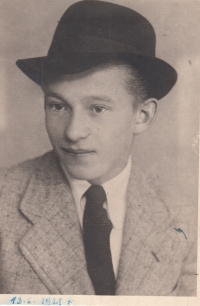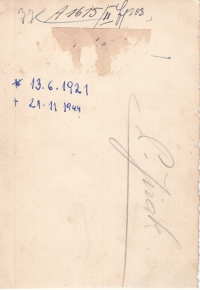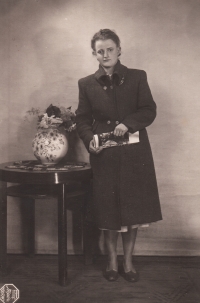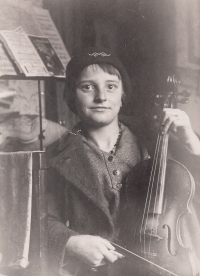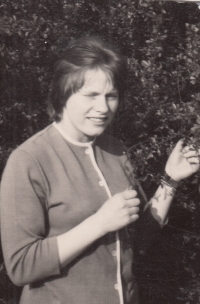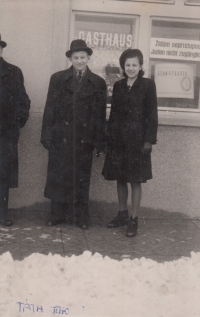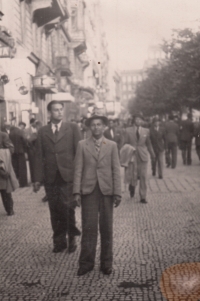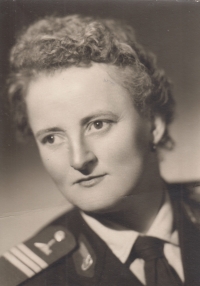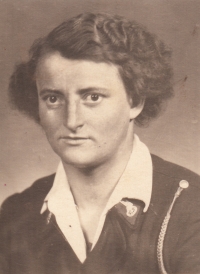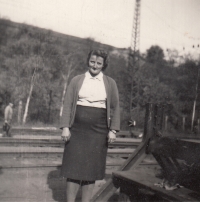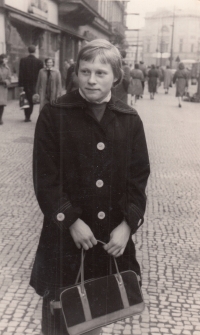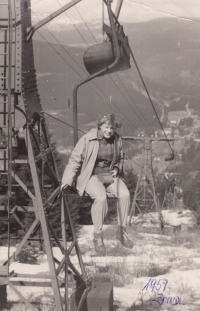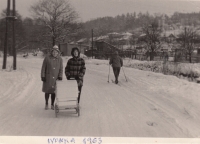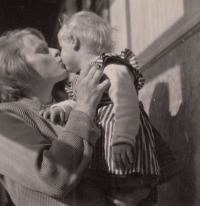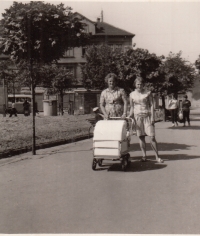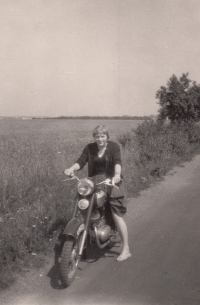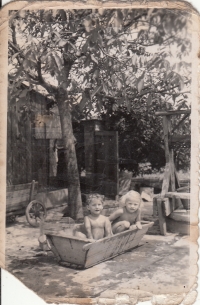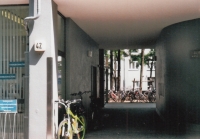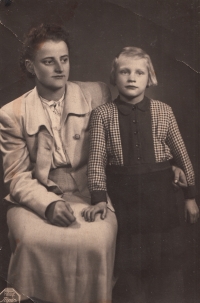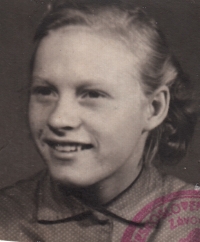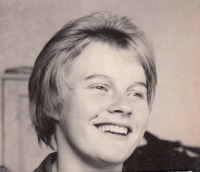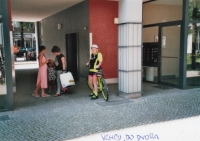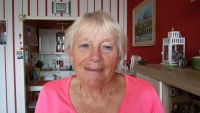Children‘s home in the 1950s? Beating and psychological violence
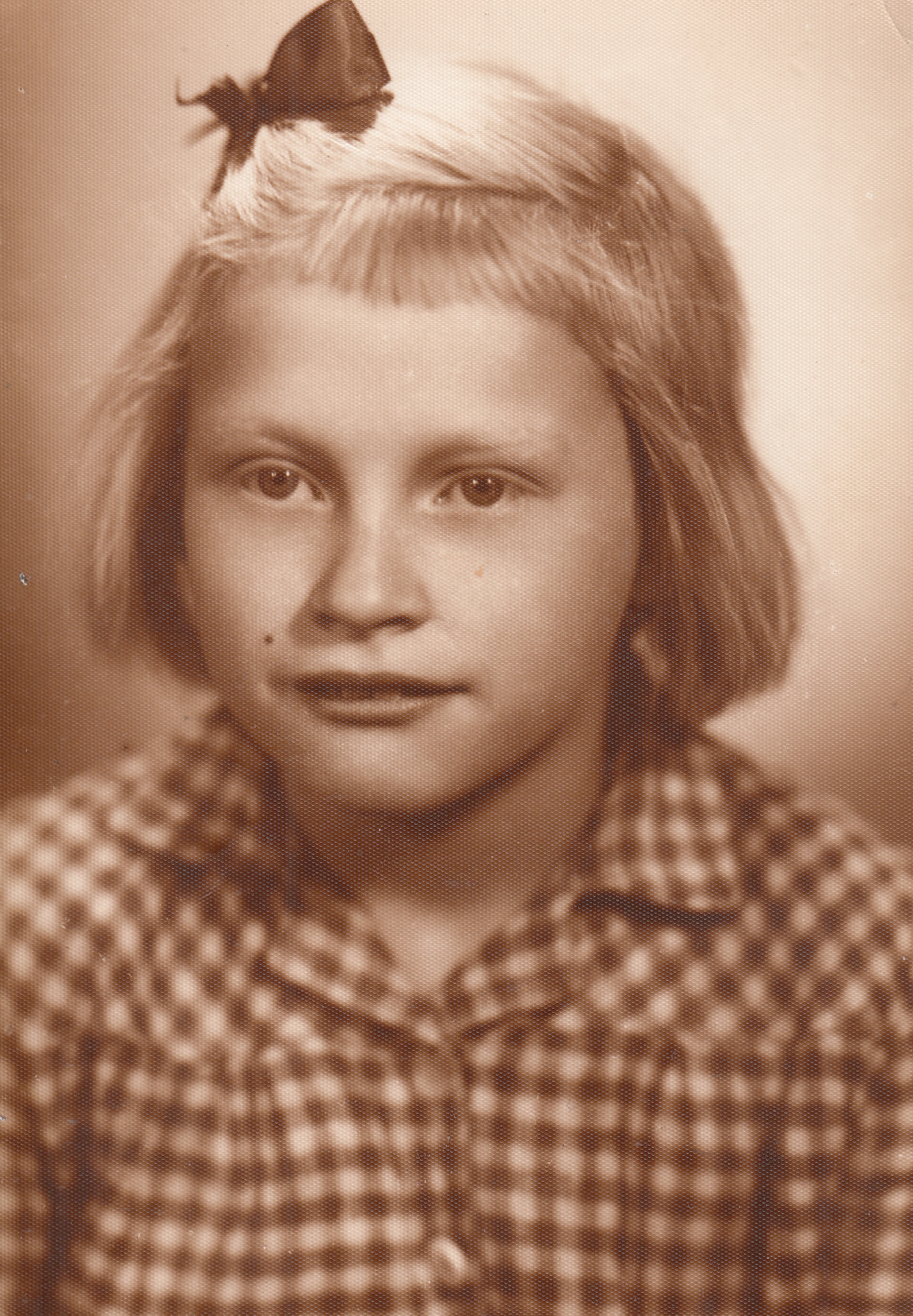
Stáhnout obrázek
Eliška Fortíková, née Jiráková, was born on January 3, 1942 in Berlin, where her father Ladislav Jirák (b. 1921) was totally deployed in manual labor in a factory. He came to Berlin with his already pregnant wife Jiřina. In 1943, their second child, son Ladislav, was born. The family rented a house and it was hit during the bombing in November 1944. Mother and Eliška managed to hide in the basement of the opposite house. They were rescued from the ruins, her father and Ládík did not have time to hide and died. The mother and daughter were hospitalized and here their paths diverged for many months. When the mother found a new place to live in Berlin after the bombing, she took Czechs in with her, for which she was punished by imprisonment. She was reunited with Eliška only after the end of the war in Prague, thanks to the Red Cross, which helped her find Eliška, who had already been Germanized. It turned out that Eliška‘s mother, traumatized by her own past when she lost her mother, was unable to properly care for her daughter, and therefore the court decided on institutional care. In the period 1949–1956, Eliška spent several years in two children‘s homes, in Česká Kamenice and in Frýdlant, both of which she has terrible memories of. She longed to return to her mother, which she did at the age of thirteen. After graduating from elementary school, she started her first job as an assistant to a corporate photographer. She was already living independently before she became an adult. She got married at the age of 21, divorced five years later, and her second marriage with Josef Fortík was a happy one. Eliška Fortíková raised two daughters. She worked as an auxiliary worker in the kitchen of the Ministry of the Interior‘s canteen. She talks about the conditions in children‘s homes in the 1950s and also recalls politically motivated events, such as the destruction of the bust of President Beneš ordered by the school principal, the May Day celebration, where she played a hungry ‚capitalist‘ child. In her free time, she dedicated herself to children and youth throughout her life as a trainer in a physical education unit, and after the revolution as a leader of sports clubs. Her passion is cycling, she collected many medals in amateur races in which she participated until she was 70 years old.
